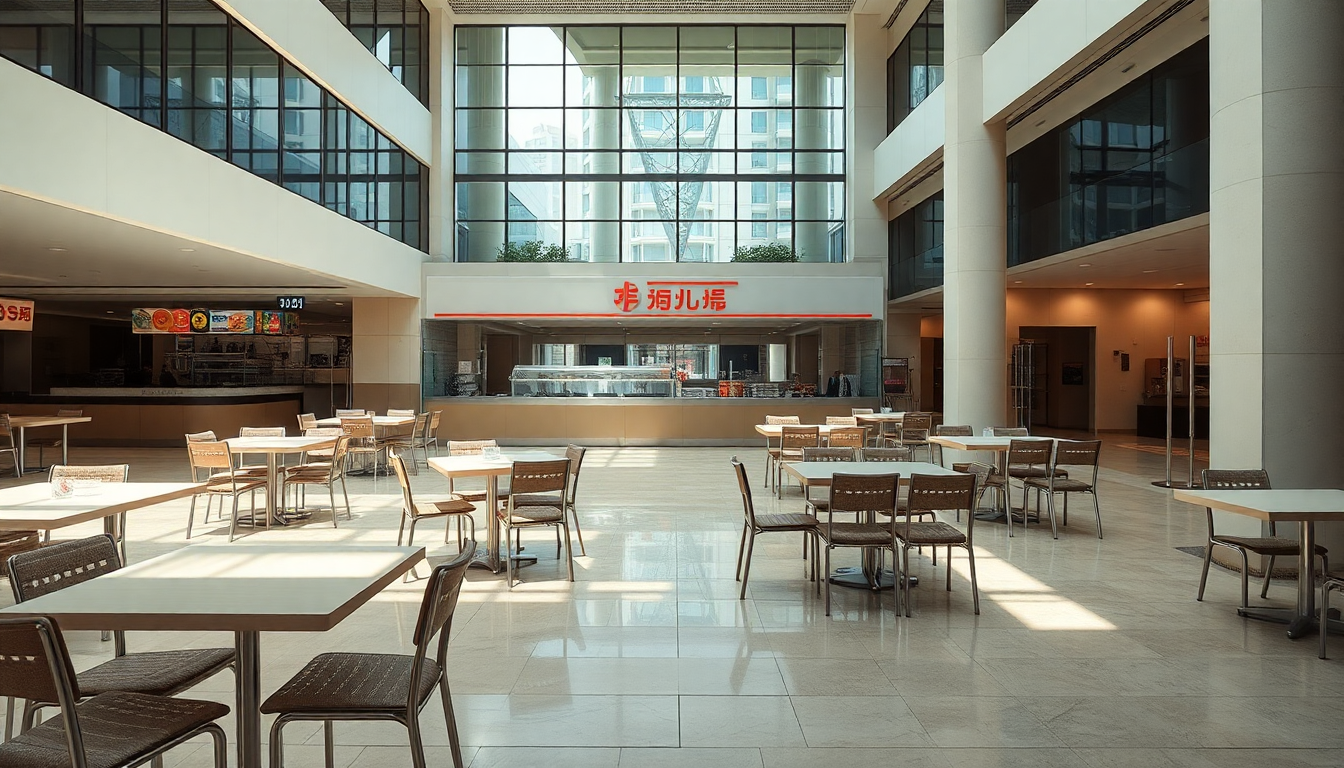Table of Contents
Recently, Hong Kong’s economic landscape has undergone some serious changes, shaking up various sectors, especially food and catering. Take, for instance, the closure of City’super’s Amazing Food Hall in Times Square. This situation perfectly illustrates how a sluggish economy is altering consumer behavior and business strategies. In this article, we’ll dive into what this closure means, why it happened, and what the future might hold for food courts in the region.
Understanding the current economic climate
Hong Kong’s economy has been facing hurdles, particularly in the aftermath of the pandemic. Many businesses are struggling to keep pace with shifting consumer preferences. Recent data shows a slow recovery, with the retail and food services sectors feeling the squeeze. Within this challenging context, City’super decided to close its last food court in the upscale Times Square shopping center. This move is just a snapshot of a larger trend impacting the catering and food production industries. Such closures don’t just mark the end of a brand’s presence; they also reveal important shifts in how consumers are spending their money.
The Amazing Food Hall used to be a vibrant destination, offering everything from sushi and grilled meats to an extensive selection of wines and sake. But the decision to shut down this venue, effective June 30, highlights a harsh reality: even well-established brands need to adapt to market forces. A decline in foot traffic and shifting consumer demands have forced City’super to reassess its long-term strategy.
Shifts in consumer patterns and their impact
As consumer preferences continue to evolve, businesses must either adapt or risk becoming obsolete. For City’super, closing its food courts is part of a strategic pivot aimed at realigning its offerings with what shoppers actually want. A spokesperson for City’super pointed out that the decision was influenced by a mix of factors, including the need to refine their portfolio and respond to new trends. The planned renovation of the supermarket’s food and drink section, which will introduce a new seating area, reflects an effort to breathe new life into the brand and entice customers back.
However, these closures have ripple effects that go beyond business metrics. Employees at the Amazing Food Hall voiced concerns about job security and a lack of support in transitioning to new roles. This situation underscores a growing need for businesses to focus not just on profits, but also on the well-being of their employees amid economic turbulence. Striking a balance between operational efficiency and employee support is crucial as companies navigate these challenging waters.
Looking ahead: Future opportunities
So, what does the future hold for food courts in Hong Kong? Much will depend on how businesses respond to ongoing economic pressures. While the closure of City’super’s food court marks the end of an era, it also opens the door for fresh concepts and innovations in the food retail space. As consumers increasingly lean towards sustainability, health-conscious choices, and unique dining experiences, new entrants may find exciting opportunities in this shifting landscape.
Moreover, the upcoming renovations at Times Square could act as a springboard for revitalization within the food sector. By creating welcoming spaces and offering curated experiences, businesses can potentially win back customers who have drifted away during these tough economic times. The key will be agility—staying in tune with the ever-changing landscape of consumer expectations.


